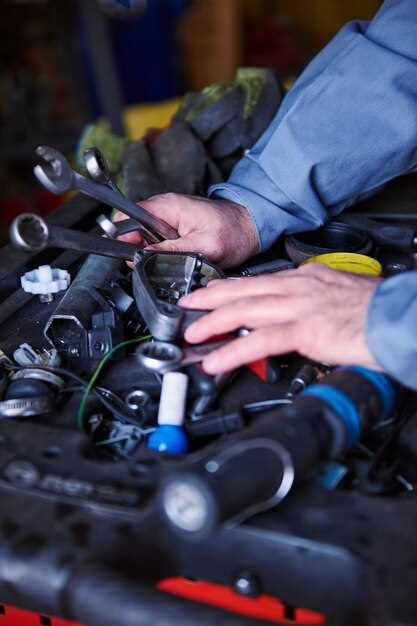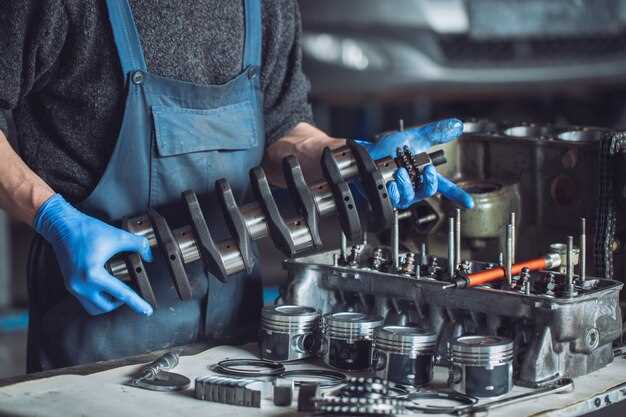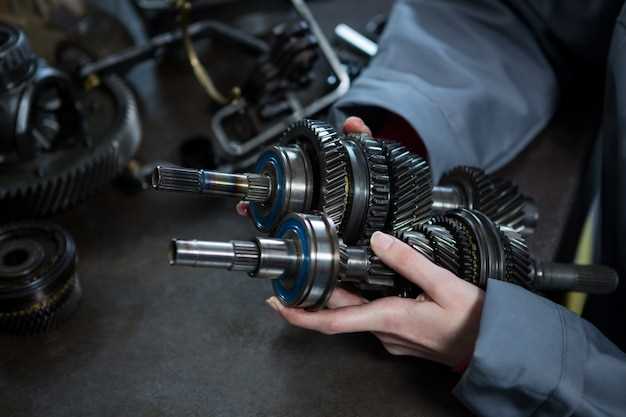
When it comes to maintaining your Toyota, ensuring the health of its transmission is vital for optimal performance and longevity. Transmission repairs can be complex, but with the right knowledge and preparation, you can navigate this often daunting process with confidence. Understanding the common issues that may arise with a Toyota transmission and how to address them can save both time and money.
The transmission is a crucial component of any vehicle, responsible for transferring power from the engine to the wheels. In Toyota vehicles, regular maintenance is key to preventing potential transmission failures. This guide will explore the most frequent transmission problems, provide tips for identifying symptoms early, and outline steps for finding reputable facilities that specialize in Toyota repair.
By educating yourself on transmission care and repair, you empower yourself to make informed decisions regarding your auto maintenance. Whether you’re facing minor issues or planning a major overhaul, this guide will equip you with the essential information needed to manage your Toyota transmission repairs effectively.
Identifying Common Transmission Issues in Toyota Vehicles
Understanding common transmission issues in Toyota vehicles is essential for timely repairs and optimal performance. One prevalent problem is slipping gears, where the transmission unexpectedly changes or loses power during driving. This can be caused by low transmission fluid levels, worn-out internal components, or a malfunctioning torque converter.
Another significant issue is delayed shifting, which manifests as a lag when shifting from park to drive or reversing. This delay may result from a failing transmission control module or issues with the shift solenoids that control gear changes.
Unusual noises, such as grinding or whining, can indicate internal damage or insufficient lubrication. It is critical to investigate these sounds early to prevent further complications. Overheating is also a common concern, often caused by a faulty cooler or clogged transmission fluid lines, which can lead to severe damage if not addressed promptly.
Finally, fluid leaks are a clear sign of potential transmission issues. Identifying the source of leaks can help determine whether seals, gaskets, or other components require repair. Regular maintenance checks are vital in detecting these problems before they escalate, ensuring the longevity and reliability of your Toyota vehicle’s transmission.
Steps to Choose a Reliable Auto Repair Shop for Transmission Work

Choosing a reliable auto repair shop for your Toyota’s transmission work is essential to ensure your vehicle runs smoothly. Start by researching shops that specialize in transmission repairs, particularly those experienced with Toyota models. Look for certifications such as ASE (Automotive Service Excellence) to confirm the mechanics’ expertise.
Next, seek recommendations from friends, family, or online forums related to Toyota vehicles. Online reviews can provide valuable insight into the experiences of other customers. Pay attention to ratings and detailed feedback to gauge the quality of service provided.
Once you have a shortlist, visit each shop to assess their professionalism. A well-organized and clean facility indicates a commitment to quality. Ask about their tools and equipment, as modern transmission work often requires state-of-the-art technology.
Inquire about warranties offered on both parts and labor. A reputable shop will stand behind their work and provide a reasonable warranty period. Additionally, discuss the diagnostic process they follow for transmission issues. Transparency in diagnosing problems is a sign of a trustworthy auto repair shop.
Lastly, obtain written estimates from at least two or three shops. This helps you compare prices while ensuring that you understand the scope of work required. Be cautious of unusually low estimates, as they may indicate subpar service or hidden costs. Making an informed decision based on these steps will help ensure that your Toyota’s transmission repairs are handled efficiently and effectively.
Cost Breakdown and Budgeting for Toyota Transmission Repairs

When managing repairs for your Toyota’s transmission, understanding the cost breakdown is essential for effective budgeting. Transmission issues can vary significantly in complexity and expense, which makes it crucial to be well-informed.
The first factor to consider is the type of repair needed. Simple repairs, such as replacing a faulty transmission sensor, may range from $100 to $300. However, more extensive repairs, like a transmission rebuild, can cost anywhere from $1,500 to $4,000 depending on the model and severity of the issue.
Labor costs also play a significant role. Most mechanics charge between $75 to $150 per hour. A complete transmission service may take several hours, leading to substantial labor charges. It is advisable to obtain estimates from multiple repair shops to get a competitive rate.
Parts required for transmission repairs can also contribute to the total cost. OEM (Original Equipment Manufacturer) parts tend to be more expensive but offer better reliability, while aftermarket parts may reduce costs but could compromise long-term performance.
Don’t forget to factor in additional costs such as fluid changes, inspections, and diagnostic services, which typically range from $50 to $150. These services can help identify the root cause of the problem before proceeding with more expensive repairs.
In summary, when budgeting for Toyota transmission repairs, consider all aspects of the repair process: type of repair, labor costs, parts, and additional services. Proper planning can prevent unexpected expenses and ensure that you’re prepared for the investment required to keep your vehicle running smoothly.
